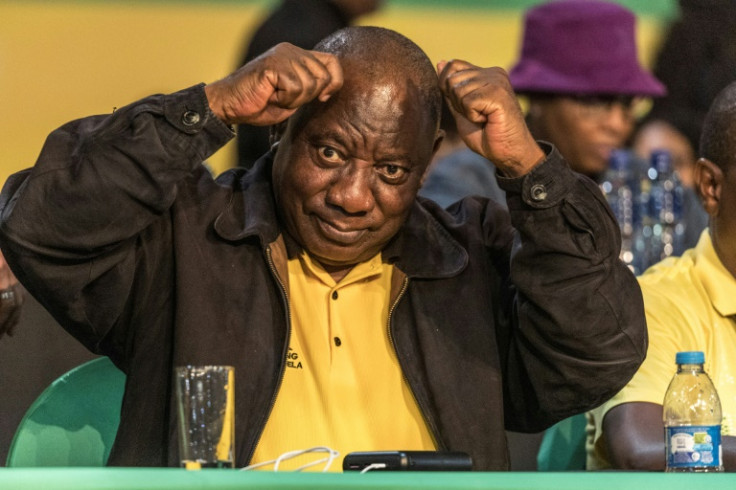Business Groups Urge President Ramaphosa To Select Better Ministers

South Africa's major business groups have urged President Cyril Ramaphosa to make significant changes to his cabinet.
Business Unity South Africa criticized Ramaphosa's administration's performance in a letter, citing issues with energy policy, safety, and security, among other things. Another major group called Business Leadership South Africa joined in on the signing.
The African National Congress (ANC), the country's ruling party, recently chose a new national executive committee, which has fueled talk of a cabinet overhaul.
Economists say Ramaphosa must move forward with the cabinet shuffle immediately if he wants to fulfill his goals for economic growth and recovery.
The economic cluster, according to Jannie Roussouw, does not inspire confidence because "good ANC people are no longer in parliament."
Dale Mckinley, an economist, concurred and said Labour Minister Thulas Nxesi should be fired. "As a former unionist, I have personal regard for him, but as a minister, he hasn't performed at all," he added, as per EWN.
Pravin Gordhan, the minister of public enterprises, could also lose his position, according to Mckinely.
Business Unity South Africa (BUSA) applauded the Ministry of Finance for its efficiency but cautioned the administration against compromising the independence of the central bank and implementing what it has dubbed expensive welfare initiatives. It also stated that the ministry needed to be more creative, referring to its inability to utilize funding sources like green bonds.
The trade and industry minister "must see business as a critical partner, not as an adversary," BUSA said.
Additionally, Ramaphosa was encouraged to combine departments like sports and tourism to minimize the size of the cabinet and to choose "forward-looking, dynamic, and effective ministers."
Ramaphosa, who assumed office in 2018 promising speedy economic change and a war on corruption, has faced harsh criticism from the business community, opposition parties, and the ruling party's labor union supporters for its slow adoption of measures to jump-start the economy's stagnation.
The cyclical power cuts, which have been in place occasionally since 2008 but have now been occurring consistently for more than 100 days, are at their most severe level ever.
© Copyright 2025 IBTimes ZA. All rights reserved.





















